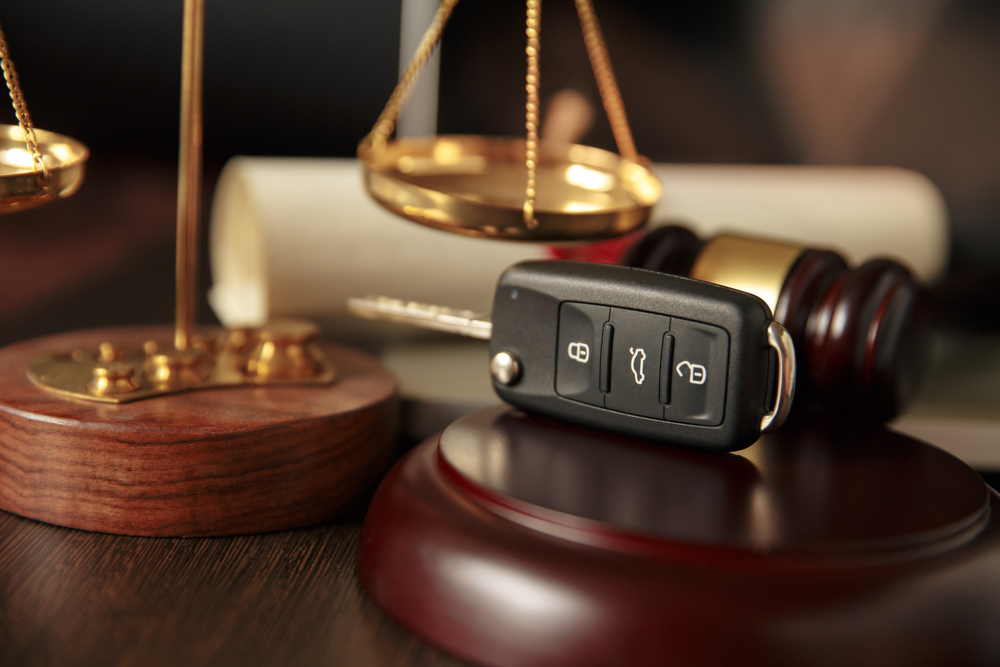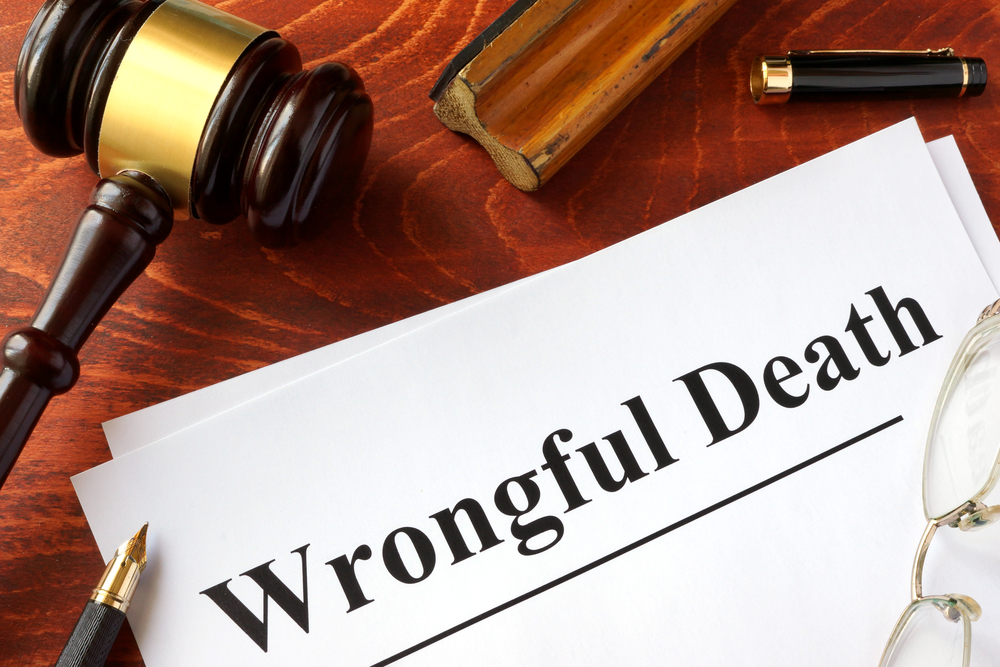What Is A No-Fault Divorce In Tennessee?
Tennessee allows couples to divorce based on the no-fault ground of “irreconcilable differences.” This is often shorthand for marriage simply not working out, though it was no one’s fault in particular. However, you and your spouse must agree in order to use this ground – if you cannot agree, the...
Read More Continue Reading




